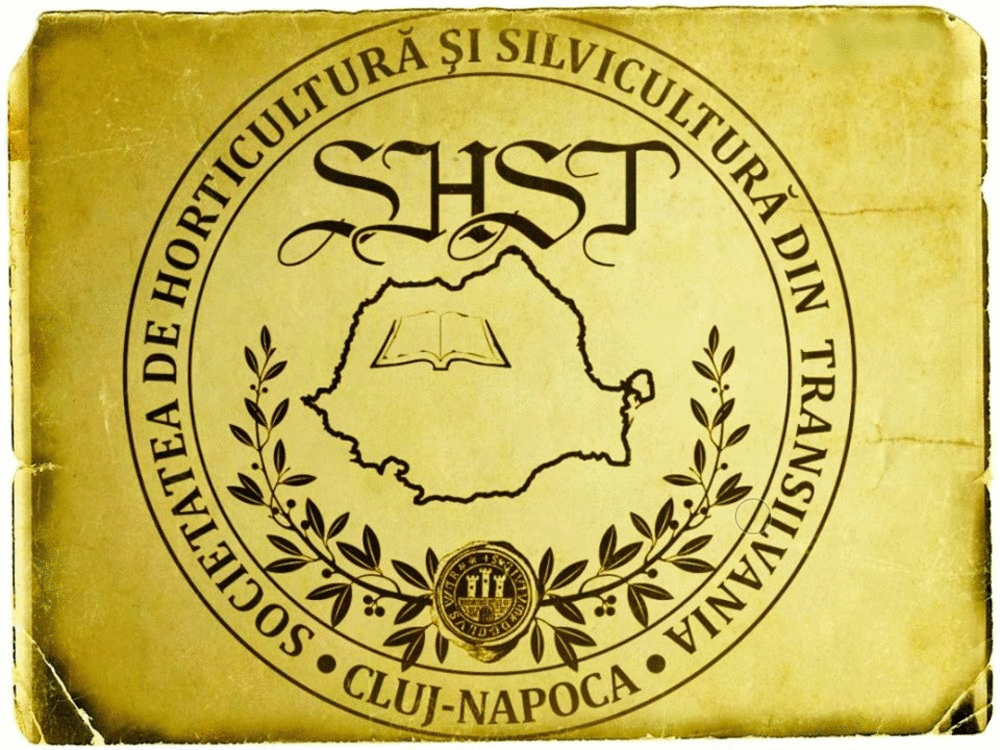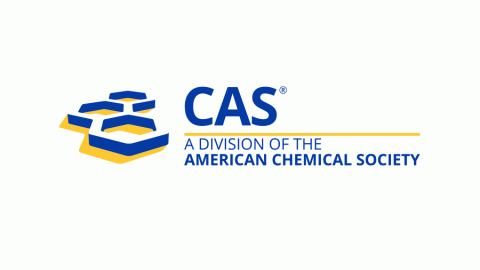Antibacterial Resistance in African Catfish Aquaculture: a Review
DOI:
https://doi.org/10.15835/nsb819712Keywords:
African catfish; aquaculture; antibacterial resistance; piscineAbstract
Antibacterial resistance (AR) is currently one of the greatest threats to mankind as it constitutes health crisis. Extensive use of antibacterial agents in human and veterinary medicine, and farm crops have resulted in emergence of antibacterial-resistant organisms in different environmental settings including aquaculture. Antibacterial resistance in aquaculture is a serious global concern because antibacterial resistance genes (ARGs) can be transferred easily from aquaculture setting to other ecosystems and the food chain. African catfish (ACF) aquaculture has increased at a phenomenal rate through a continuous process of intensification, expansion and diversification. Risk of bacterial diseases has also increased and consequently there is increased use of antibacterial agents for treatment. Antibacterial resistance in ACF aquaculture has huge impact on the food chain and thus represents risk to public and animal health. In “one health” approach of curbing AR, knowledge of the sources, mechanisms and magnitude of AR in ACF aquaculture and its potential impact on the food chain is important in designing and prioritizing monitoring programs that may generate data that would be relevant for performing quantitative risk assessments, implementation of antibacterial stewardship plans, and developing effective treatment strategies for the control of ACF disease and reducing risk to public health. This review provides insight on the sources, mechanisms, prevalence and impact of antibacterial resistance in ACF aquaculture environment, a setting where the impact of AR is neglected or underestimated.
Metrics
Downloads
Published
How to Cite
Issue
Section
License
Papers published in Notulae Scientia Biologicae are Open-Access, distributed under the terms and conditions of the Creative Commons Attribution License.
© Articles by the authors; licensee SMTCT, Cluj-Napoca, Romania. The journal allows the author(s) to hold the copyright/to retain publishing rights without restriction.
License:
Open Access Journal - the journal offers free, immediate, and unrestricted access to peer-reviewed research and scholarly work, due SMTCT supports to increase the visibility, accessibility and reputation of the researchers, regardless of geography and their budgets. Users are allowed to read, download, copy, distribute, print, search, or link to the full texts of the articles, or use them for any other lawful purpose, without asking prior permission from the publisher or the author.













.png)















